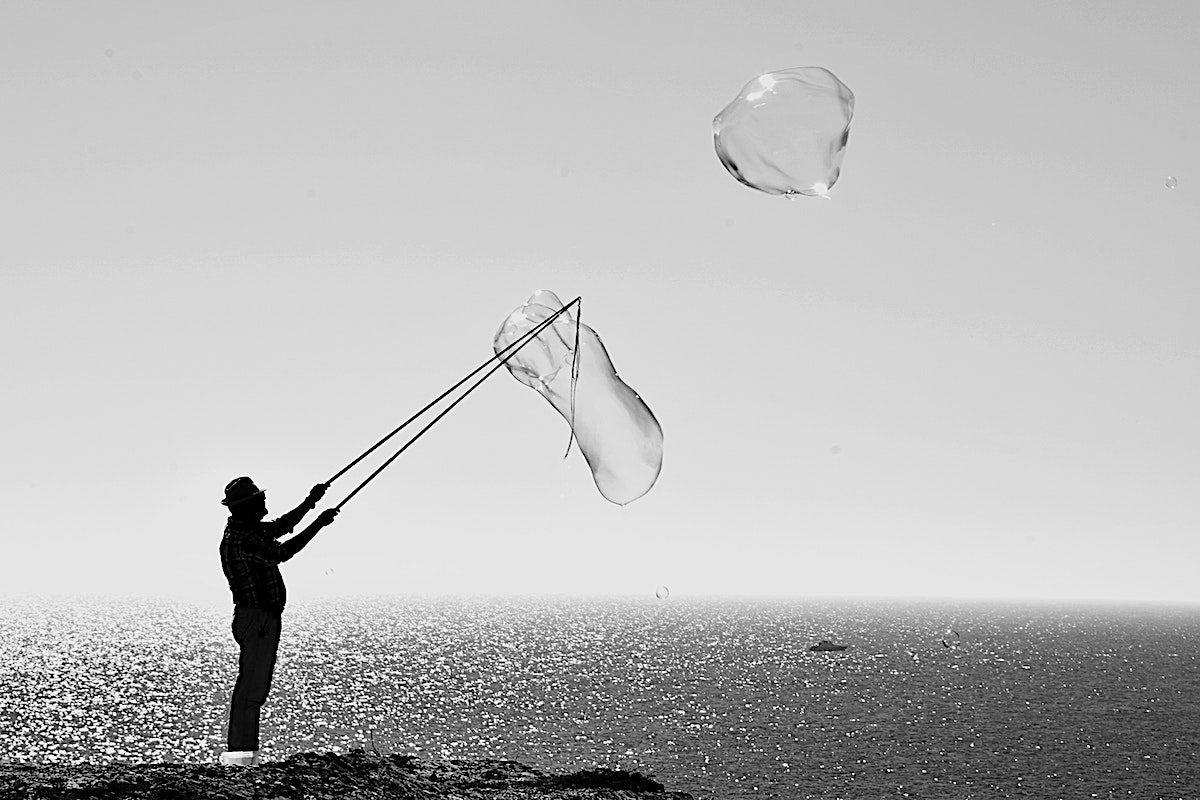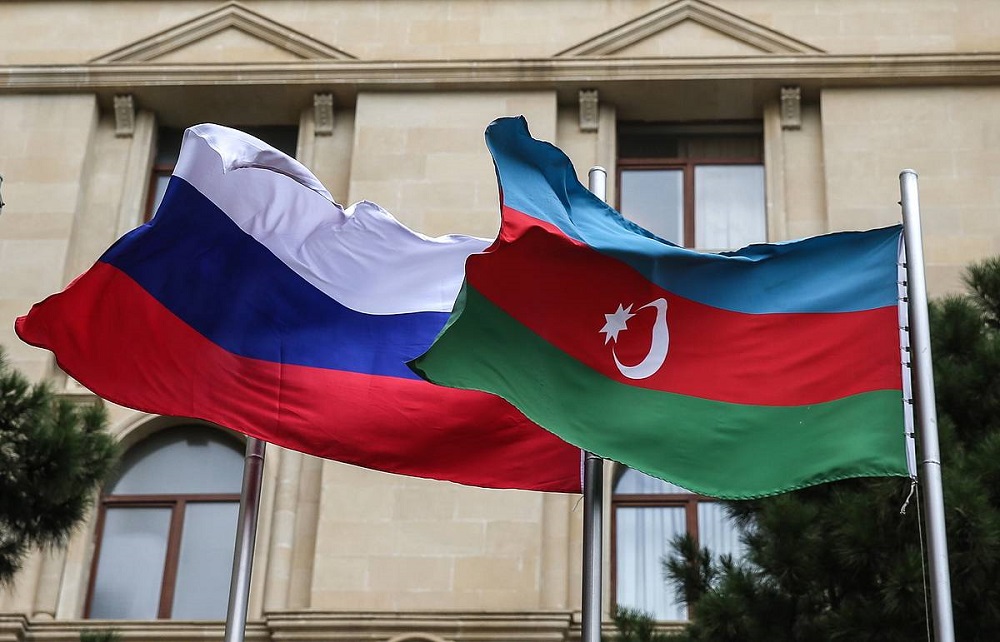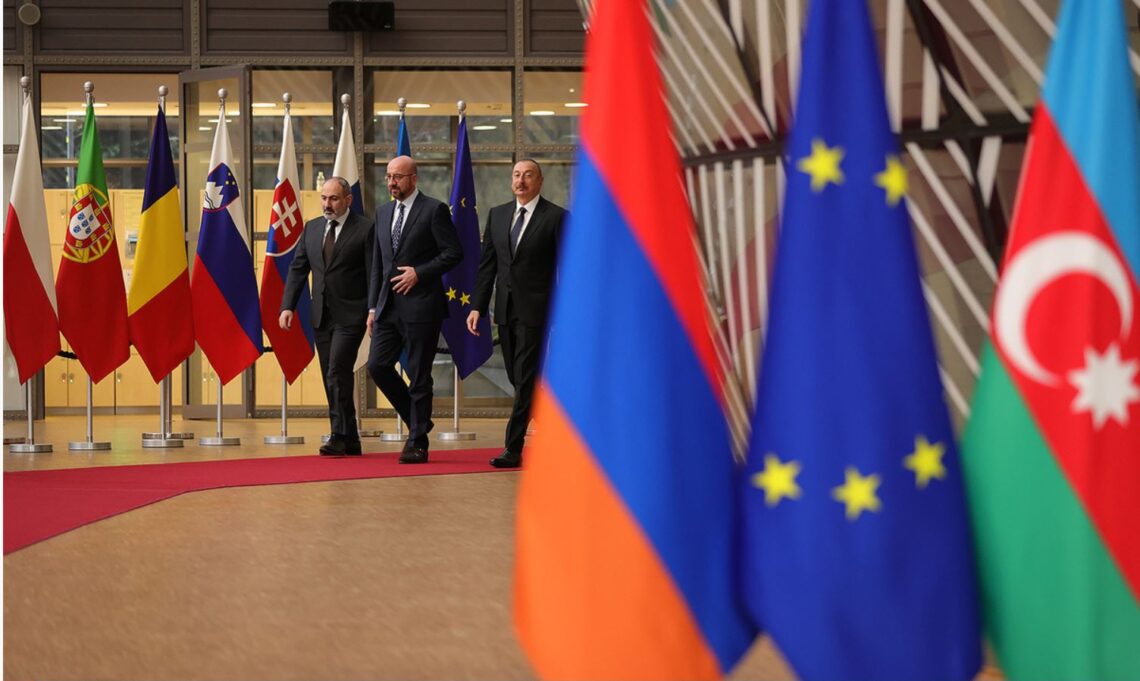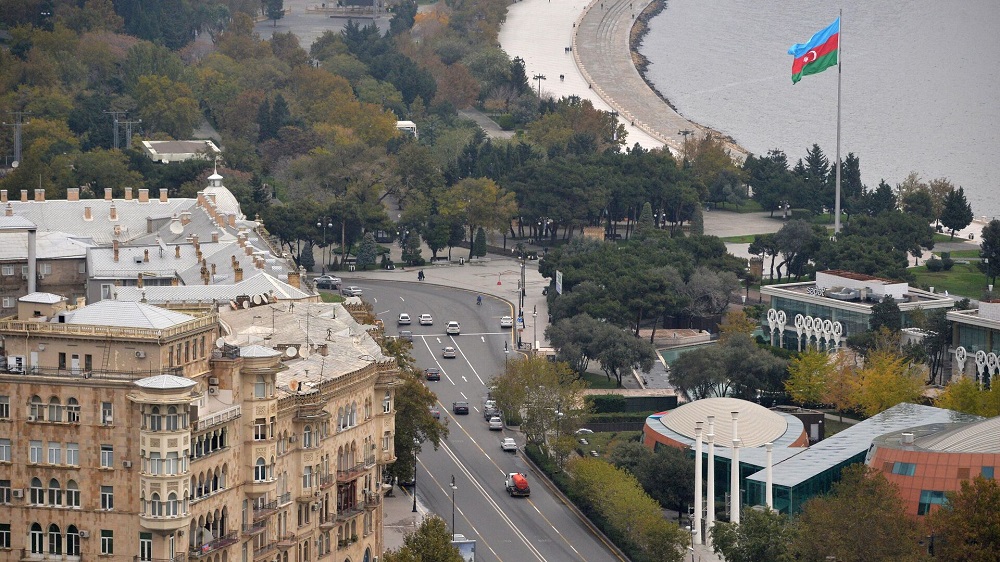South Caucasus in a geopolitical context of Russia: Analysis from Baku
South Caucasus in the Russian geopolitical context
Resource constraints currently prevent Russia from playing a dominant role in the South Caucasus, and Moscow is in process of defining its interests in the new reality in the region. Such is the conclusion of the South Caucasus analytical center, located in Baku. Azerbaijani experts believe that after the second Karabakh war, Turkey has every chance of becoming a leader in this region.
- Moscow threatens Abkhazia; is normalization possible? Expert analysis, video
- Russia may halt gas supply to Europe – and the EU can accept Ukraine, Moldova and Georgia
- “Public opinion is being prepared for Azerbaijan’s accession to the EAEU” – expert opinion
The South Caucasus think tank in Baku has published a report on the situation in the region and Russia’s influence. JAMnews is republishing this material with slight amendations.
Russia and South Caucasus
The South Caucasus neighbors Russia, Turkey and Iran, all countries with an imperial past. At present, Russia is competing both with Turkey and Iran, as well as the United States and the European Union.
After the collapse of the USSR, the South Caucasus was accepted by Russia as part of the post-Soviet space. Relations with the post-Soviet states are regulated not only by the Ministry of Foreign Affairs of the Russian Federation, but also by the administration of the President of Russia.
In the 90’s Russia gave priority to relations with the West, leaving the South Caucasus in the background. Regional conflicts were frozen and despite mediation efforts, there was no progress in resolutions.
After Vladimir Putin came to power, the post-Soviet space came to the fore. In a speech in 2005, Putin called the collapse of the USSR “the geopolitical catastrophe of the century.” In subsequent years, relations with the post-Soviet countries overshadowed even relations with partner states with which Russia cooperates within various international organizations.
Despite the importance of the region and Moscow’s efforts, relations with nations of the South Caucasus are developing unevenly.
Classification of South Caucasian countries from the point of view of the Russian Federation
Maximalist expectations – Armenia. This country is positioned as a member of the EAEU and the CSTO.
The 102nd military unit of Russia is located in Gyumri, and the Russian Air Force is deployed in Erebuni. Russia guards Armenia’s borders with neighboring Iran and Turkey, as well as the country’s airspace.
Before the commissioning of the Iran-Armenia gas pipeline in 2007, Russia provided Armenia with its natural gas in full. ArmGosgazprom is 80% owned by Russia’s Gazprom, the Metsamor nuclear power plant is controlled by Russia’s Inter RAO, and the Armenian power grid is run by Russian billionaire of Armenian origin Samvel Karapetyan. Armenian railways have been leased under concession until 2038 to the Russian company South Caucasian Railways. Two out of three mobile operators operating in Armenia are Russian. Russia is the largest trading partner and the main owner of state debt in Armenia.
Minimalist expectations – Azerbaijan. This country, although not a member of the EAEU and the CSTO, does not aim to become a member of NATO and the EU.
Baku is pursuing a pragmatic policy with Russia. Even if some of Azerbaijan’s foreign policy steps are not consistent with the Kremlin’s position, they do not pose a threat to Russia’s security.
Territory of threat – Georgia. This country is defined by the desire to join NATO and the EU.
Three post-Soviet countries – Georgia, Ukraine and Moldova – are regarded by Russia as a threat to their security because of the possibility of deploying NATO military infrastructure there and using these states against the Russian Federation.
Mikheil Saakashvili’s ascension to power in Georgia actualized the country’s relations with NATO and the European Union. In 2007 Russian military bases were expelled from Georgia, with the exception of the territories of Abkhazia and South Ossetia. The “five-day war” in 2008 ended with Rusia’s recognition of the independence of the separatist regimes in the internationally-recognized territory of Georgia.
Ivanishvili’s victory partially restored relations, but did not take Georgia completely out of the Western vector. Tbilisi signed an association agreement with the EU, and in 2014 received a package of “enhanced cooperation” with NATO.
Low efficiency of soft power
The low effectiveness of Russia’s soft power (economic and humanitarian) prevents Moscow from building relations with the countries of the South Caucasus. For this reason Russia is attempting to interfere in the internal affairs of these states, seeking to adjust their foreign policy in accordance with its own interests.
The failure of such attempts forces Russia to be more pragmatic. After the second Karabakh war, Russia has been interested in creating a new balance in the South Caucasus in partnership with regional states without the participation of the West.
Pros and cons of the geographical location of the South Caucasus
Geographically, Russia, Turkey and Iran are in contact in the South Caucasus. The rivalry and cooperation of these countries, which are the main players in the Syrian crisis, also affect the South Caucasus.
For Russia’s geopolitical rivals the United States and the European Union, the South Caucasus is also important in terms of energy security and access to Central Asia.
Along with Central Asia, the South Caucasus is considered a convenient point for influencing Russia. Thus, an adequate balance of forces in this region is vital for Russia.
Russia itself is also considered a Caucasian state, inasmuch as in the North Caucasus there are seven autonomous republics and two territories that are part of the federal districts of the Russian Federation.
Balance of power in the South Caucasus
For thirty years after the collapse of the USSR, the balance of power in the South Caucasus generally suited Russia. During this period, the three states of the South Caucasus – Azerbaijan, Armenia and Georgia – built relations of various levels with Russia, Turkey and Iran.
Mathematically, the balance of power in the region can be characterized as follows:
- Russia +2, -1. Alliance with Armenia (+), strategic partnership with Azerbaijan (+), zero relations with Georgia (-).
- Turkey +2, -1. Alliance with Azerbaijan (+), trategic partnership with Georgia (+), zero relations with Armenia (-).
- Iran +3. It has diplomatic relations with all three countries of the South Caucasus. But there are no allied and strategic partnerships.
Russia and Turkey each have one ally, one strategic partner, and one troubled state. But the main difference is that the problematic country for Turkey (Armenia) is an ally for Russia, and the problematic country for Russia (Georgia) is a strategic partner of Turkey.
This state of affairs could turn the South Caucasus into the locus of a new rivalry between Russia and Turkey. But Azerbaijan, which is both an ally of Turkey and a strategic partner of Russia, forms a necessary stability in the region.
What has changed after the second Karabakh war?
The results of the second Karabakh war in a certain sense changed the balance of power:
- An ally of Turkey defeated an ally of Russia, and restored territorial integrity;
- Russia, which has its military bases on the territory of Armenia and Georgia, according to the tripartite statement of November 10, 2020, deployed its peacekeeping forces in Azerbaijan;
- With the participation of the neighbors of the region and the countries of the South Caucasus, a 3 + 3 group is being formed. This group, which does not involve the US and the EU, is in Russia’s interests;
- There are prospects for the normalization of relations between Armenia and Turkey.
If these prospects turn into reality, the balance of power may change. The new conditions keep Russia’s relations with the countries of the region unchanged, but for Turkey there is a prospect of +3, which can turn it into a leading country in the region. Georgia’s refusal of the 3+3 group nullifies the same prospect for the Russian Federation.
Oddities of the post-conflict period
In the post-conflict period, steps that did not correspond to the interests of Russia were taken by Armenia. Pashinyan invited the EU as a mediator, and after that the mediating role of Russia, which had been the Kremlin’s monopoly for exactly a year, began to weaken.
Armenia has slowed down on decisions made via Russian mediation, and prefers to let the European Union fill that role.
And since February 2022, Russia has directed its attention and resources towards Ukraine.
In such conditions, due to Armenia’s refusal to grant Russia special rights in the Zangezur corridor, problems have arisen in relations between these two countries. Russia, though it cannot participate in regional processes to the same extent, is a supporter of fulfilling the conditions of the tripartite statement and opening regional roads.
Thus, limited resources currently do not allow Russia to play a dominant role in the region. Moscow is in the process of defining its interests in the new reality in the South Caucasus. This is the main reason for the Kremlin’s silence.
Another paradox of the post-conflict period is that Azerbaijan has become the most predictable state for Russia in the South Caucasus. Geostrategic prospects and economic expediency force Russia to take into account the position of the countries of the region and, first of all, the position of Azerbaijan.






















